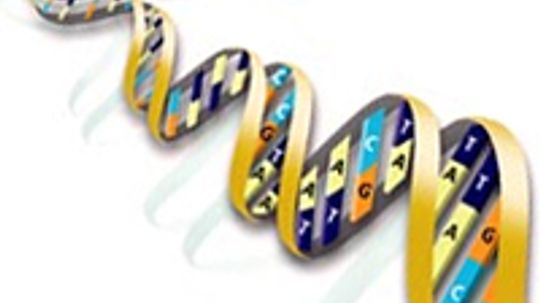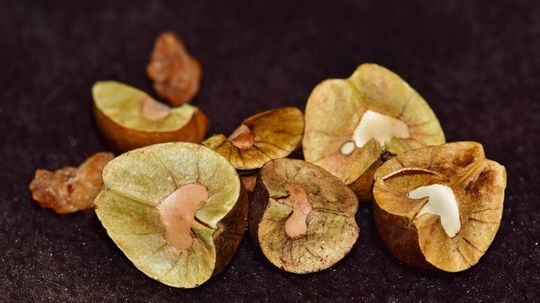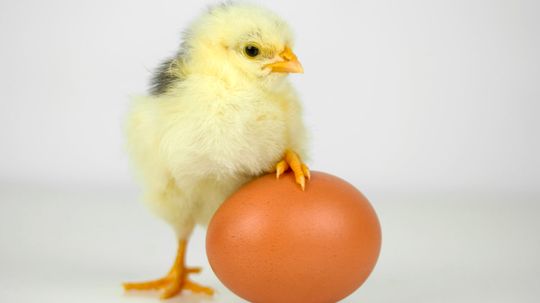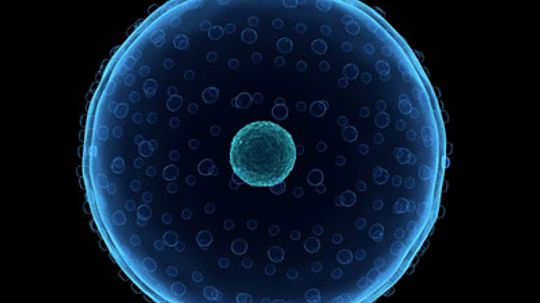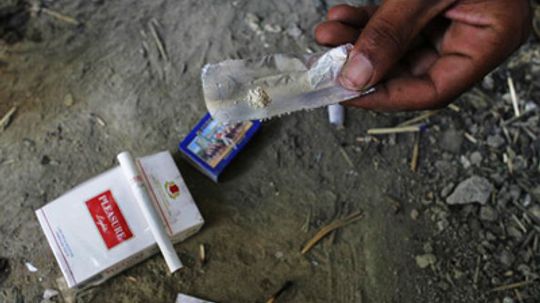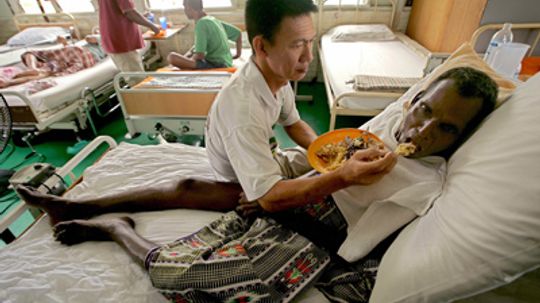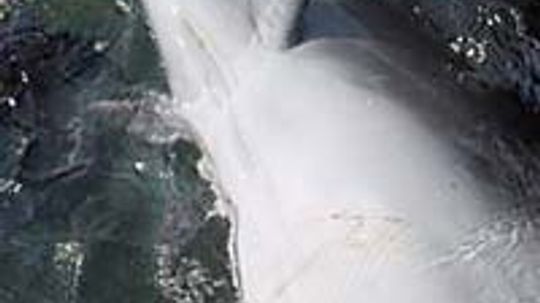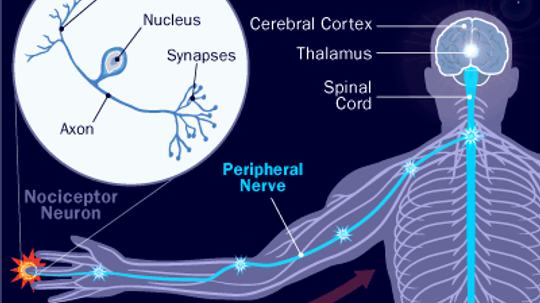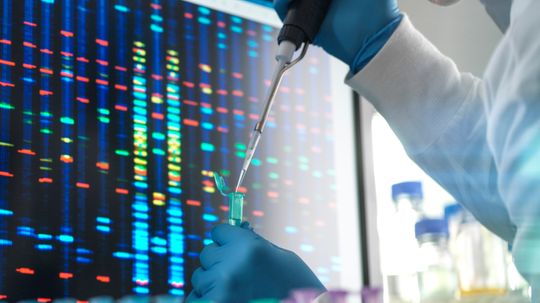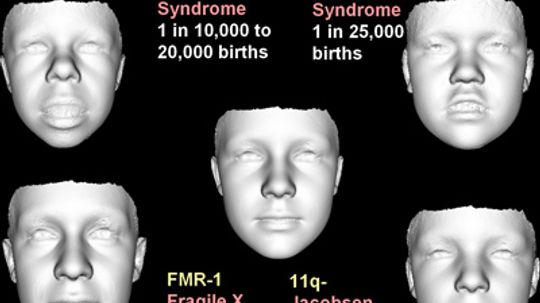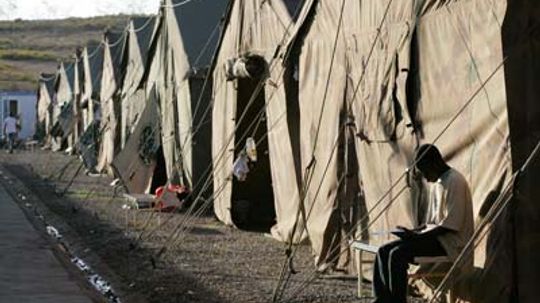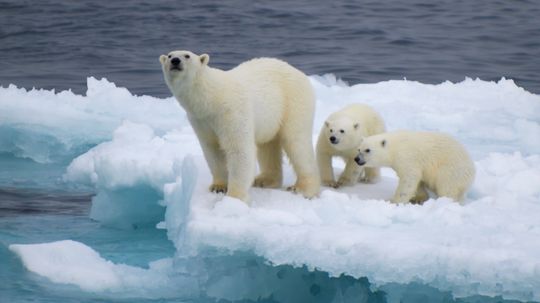Life Science
From the smallest microbe to the largest mammal, Life Science explores the origins, evolution and expansion of life in all its forms. Explore a wide range of topics from biology to genetics and evolution.
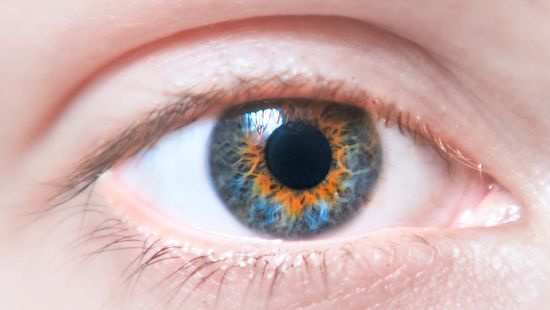
Central Heterochromia: When to Worry About Eye Color

10 Types of Noses to Spot in a Crowd
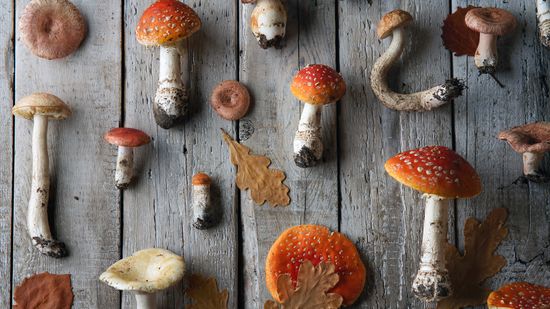
3 Major Types of Mushrooms: Edible, Wild and Poisonous

3 Types of Trees You'll Find All Over the Planet
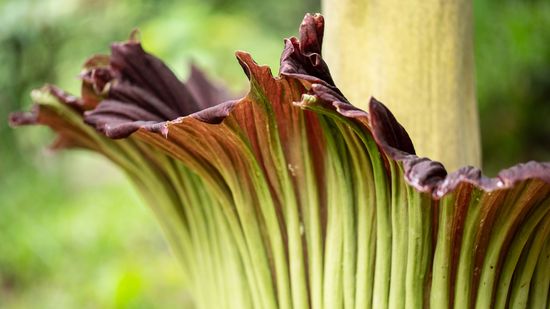
A Corpse Flower Can Grow Over 12 Feet (3.7 Meters) Tall
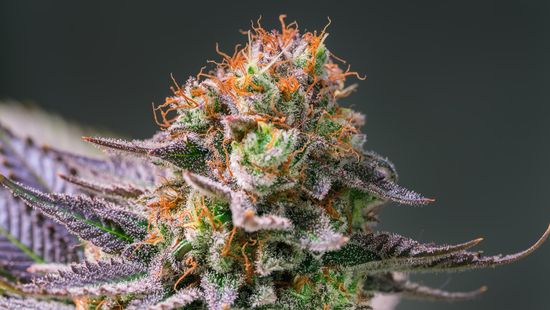
Indica vs. Sativa: How to Distinguish Between Cannabis Plants
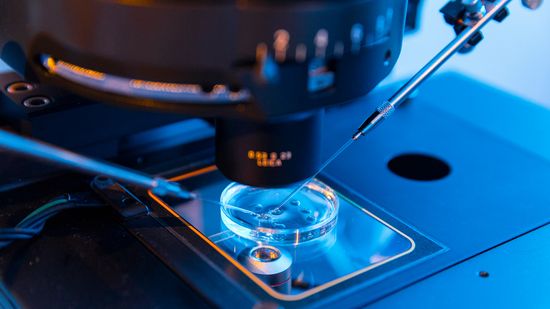
In Vivo vs. In Vitro Trials (and Why Combining Both Is Best)

Hypertonic vs. Hypotonic Solutions: Differences and Uses

Your Phone Is a Germ Factory, So Stop Taking It to the Toilet
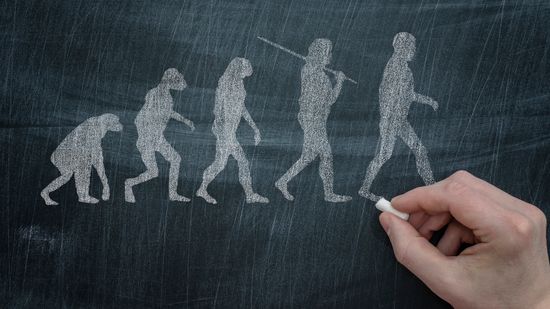
Neanderthal vs. Homo Sapien: Separate Species With Different Fates

Howstuffworks Interviews: Extinction Level Events with Annalee Newitz

What will the Earth look like in 50,000 years?
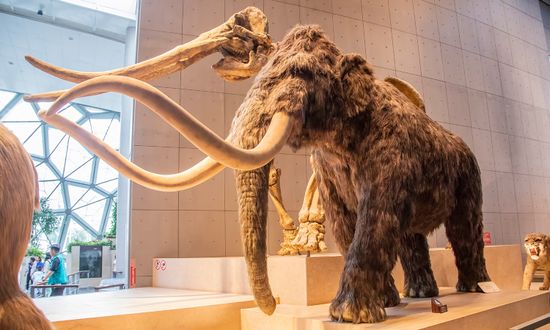
Is a Woolly Mammoth Clone Even Possible?

The Most Common Hair Color Isn't Blonde

What Is the Most Common Eye Color? Over 70% of People Have It
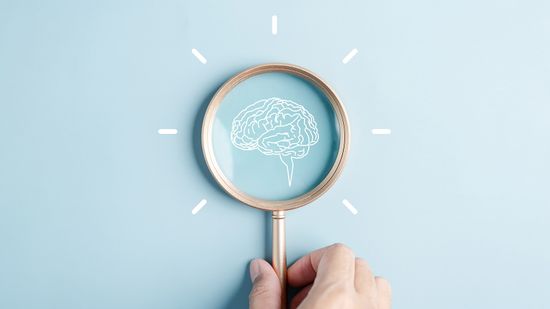
9 Types of Intelligence: The Many Ways to Expand Your Mind
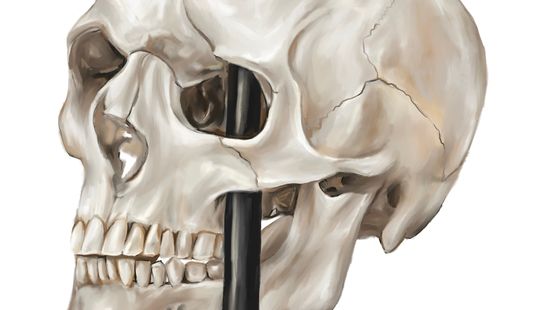
Phineas Gage and the Birth of Modern Neuroscience

Call of the Void: A Counterintuitive Form of Self-preservation
Learn More / Page 9
Much like Noah, researchers are stockpiling the genes of Earth's living creatures, loading them into state-of-the art facilities and freezing them. Are scientists saving them for a rainy day?
By Robert Lamb
The human body is composed of about 10 trillion cells. Everything from reproduction to infections to repairing a broken bone happens down at the cellular level. Find out all about cells.
How does hemp work? What do rope and "organic clothes" and drugs have to do with each other?
Advertisement
We've all heard of a "sixth sense" and extra-sensory perception. So how many ways can we actually sense the world around us?
Mexican jumping beans are small, brown beans that seem to have a life of their own as they jump and move around. But what is it that makes them jump?
If you've heard of frankincense and myrrh, it's probably because of the biblical account of Jesus' birth. But have you ever wondered what exactly it was the three wise men gifted?
Your body temperature has an important role to play in fighting off infections from viruses like the flu. Here's how it works.
Advertisement
It's a chicken-or-egg situation: What came first? Perplexed people need wonder no longer, as we've sussed out the answer to this ancient riddle.
By Alia Hoyt
Every animal sleeps -- some more than others -- but why they do it is a mystery to scientists. Is sleep more than just beauty rest? Could skimping on it kill you? And how much do you really need?
Some researchers on the quest for artificial life say they're only 10 years away from their goal. But could these artificial life forms turn into a science fiction nightmare?
Addictions to substances such as drugs and alcohol have ruined the lives of people all over the world. Read about current views and ideas on addiction.
By Josh Clark & Sascha Bos
Advertisement
Antidepressants are the first line of treatment for depression. Sales of antidepressants total $50 billion annually, making this class of drugs one of the leading prescription medications. But are they effective?
Some news organizations have reported that redheads will disappear by the year 2060. But this fiery breed isn't taking the news lying down, and there are rumors that blonds are on the way out, too.
Alien hand syndrome sounds like something from a B-grade horror movie, but it's a real condition. You could be completely at the mercy of your own renegade hand -- it could keep your other hand from functioning, punch you or even choke you.
How can spam e-mail help fight HIV? Find out how spam e-mail and HIV are linked and learn about new methods for HIV treatment.
By Josh Clark
Advertisement
Have you ever seen a baby with a tail? How about a whale with legs? Believe it or not, these things happen. They're called atavisms, and they might help us figure out evolution.
You might think that not being able to feel pain would be a blessing. No tears, no painkillers, no lingering aches. But really, not being able to feel pain is dangerous.
You've just touched a hot stove -- and probably felt an immediate sharp pain, then a dull ache. How do we sense pain, and why does it eventually go away?
That man dressed in animal skins and running around Jerusalem trying to baptize people isn't alone. Tourists in Jerusalem sometimes suffer from a strange conviction that they are Biblical figures. Are they mentally ill or is there more to it?
Advertisement
Sleepwalking is an intriguing phenomenon. How can a person be unconscious but still coordinate his or her limbs? And how do we know when we're really awake?
According to DNA research, we may all have a common ancestor, an African woman who lived thousands of years ago. How did scientists reach this conclusion? Is it even possible?
By Josh Clark & Desiree Bowie
If your eyes are the windows to your soul, then your face might just be the window to your DNA. An examination of your face shape could determine if you suffer from a genetic disorder.
By Josh Clark
Where did humanity begin, and how did we get to where we are now? Did we really all begin in Africa? What made us leave?
Advertisement
Polar bears evolved to blend in with the terrain so they could hunt better. What causes one group of animals to split off from the rest of the species and develop new genetic traits?
By Josh Clark
Alcoholism can be difficult to spot. Learn the difference between heavy drinking and alcoholism, how alcohol affects the body, what factors may lead to alcoholism and what treatments are available for this addiction.

